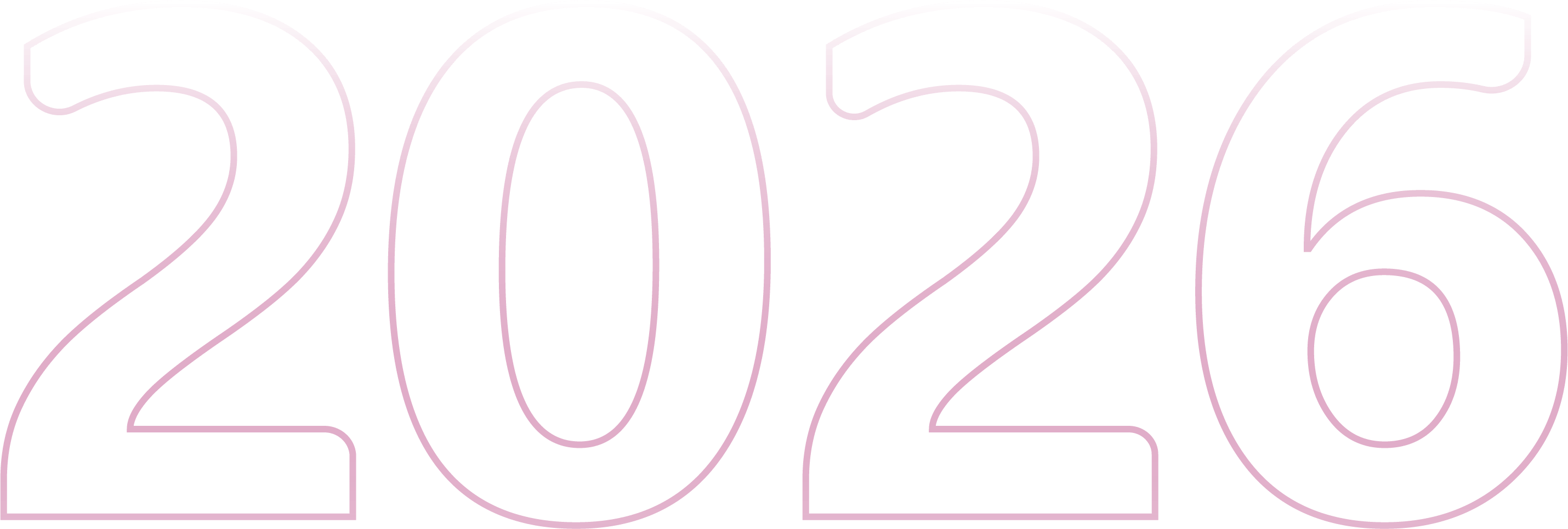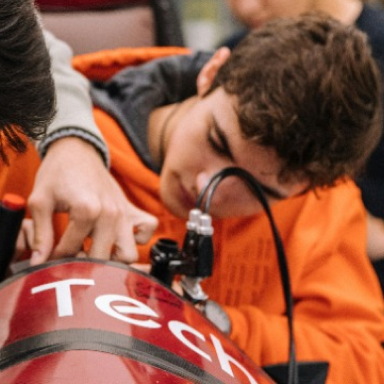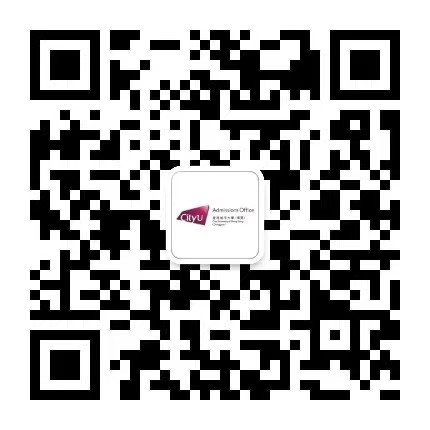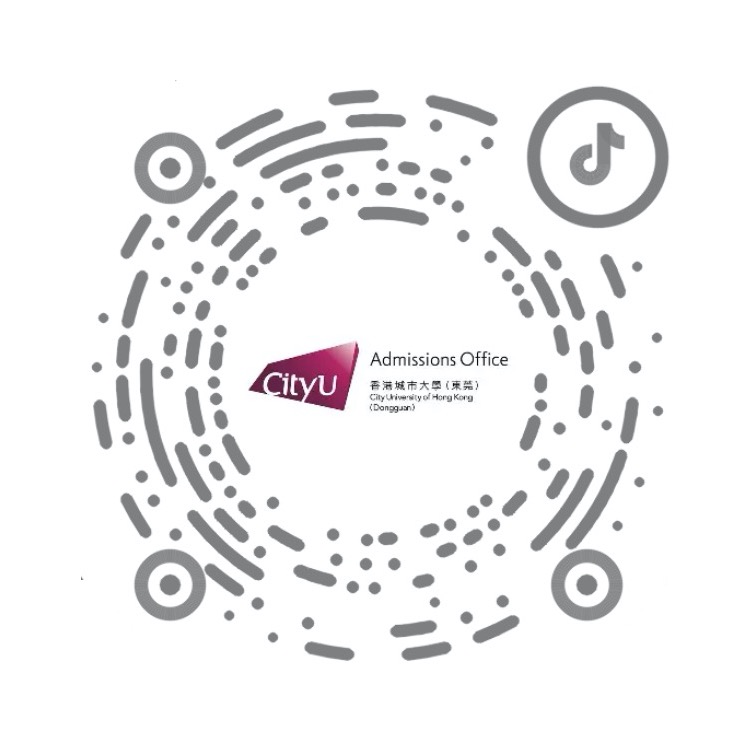

The MSc programme aims to provide an enhancement of specialist technical knowledge in strategically selected areas, such as RF and Microwaves Circuits and Applied Electromagnetics, Wireless Communications, Networking and Data Communications and Optical Communications that are relevant to the current and anticipated future needs from industry. Due to the rapid advances of existing technologies, the programme is designed for practicing engineers who want to upgrade and update their knowledge in this field. The programme offers a good selection of business management electives, preparing engineers with knowledge on top of their technical fronts to take up managerial positions in their engineering career. The programme also offers Industrial or Research Internship experience via the Applied Research Internship Scheme preparing students for full employment immediately after their research internships, or for further studies as PhD candidates in their related technology areas either locally or in overseas countries.
Programme Intended Learning Outcomes:
With the global trend towards the adoption of the outcomes based approach to education, City University of Hong Kong embarked on the Outcomes-based Teaching and Learning (OBTL) project to signify its determination to continue to enhance the education experience for its students. All taught postgraduate programmes and courses of EE have adopted this outcomes based approach since 2009, with some of them in pilot runs in earlier years. Sets of intended learning outcomes on both course level and programme level have been developed. Course Intended Learning Outcomes (CILOs) of individual courses and their constructive alignment with programme outcomes can be found in respective course syllabuses while Programme Intended Learning Outcomes (PILOs) are listed below for students' reference:
- Describe current and anticipated trends in the selected areas including Wireless Communications, Networking and Information Engineering, Optical Communications and RF and Microwave Circuits and Applied Electromagnetics.
- Evaluate and analyze new technologies in the selected areas.
- Apply specialist knowledge in the selected areas.
- Assess, evaluate and formulate solutions to problems or specifications, in the selected areas.
- Carry out research and develop new technologies and products in the selected areas.
- Apply effective communication skills in their professions.
- Manage teams of technologists with good senses of business and marketing (BM option only).
- Manage a research project and develop strong ability to do academic/ industrial research (IR option only).
1. General Entrance Requirements
Applicants must hold a bachelor's degree or an equivalent undergraduate qualification from a recognized university.
2. English Proficiency Requirements
Applicants who have graduated from a non-English medium university must meet the following minimum English proficiency standards:
- CET-6: Score of 425 or Pass;
- OR TOEFL: 550 (PBT) / 79 (iBT). For TOEFL scores, applicants should arrange for ETS to send the score report directly to City University of Hong Kong (Dongguan). The TOEFL institution code for City University of Hong Kong (Dongguan) is D693.
- OR IELTS (Academic): Overall Band Score of 6.0;
- OR other equivalent English test results.
* Only scores from single test attempts are accepted, and home-based tests are not eligible. Applicants whose first language is English or who have obtained a bachelor's degree (or equivalent qualification) from an institution where the medium of instruction is English are exempt from providing an English test score.
Note:
- TOEFL and IELTS scores are valid for two years.
- Programs may set higher English proficiency requirements or accept alternative qualifications, depending on their specific academic requirements.
3. Academic Duration and Tuition Fees
| Tuition Fees: |
MSc in Electronic Information Engineering: RMB 130,000 per student per academic year |
| Duration of Study: | 2 years, with the option to apply for early graduation if graduation requirements are met; maximum study period is 3 years. |
| Mode of Study: | Full-time |
| Application Fee: | Free |
| Accommodation Fees: |
Double Room: 1,200 RMB per student per academic year (10 months) Single Room: 3,000 RMB per student per academic year (10 months) |
Additional Information:
1. The above fee structure applies to both Chinese and international students.
2. After receiving the admission offer, students are required to pay an initial tuition deposit of RMB 30,000 within four weeks to confirm their acceptance. This deposit will be credited toward the first academic year's tuition.
| Application opens | Until Jul 31, 2026 |
| Admission offers issued # | Rolling Basis |
| On-campus registration and New Student Orientation Week | From August 25th to August 30th, 2026 |
| Program commencement | August 31, 2026 |
学科方向











